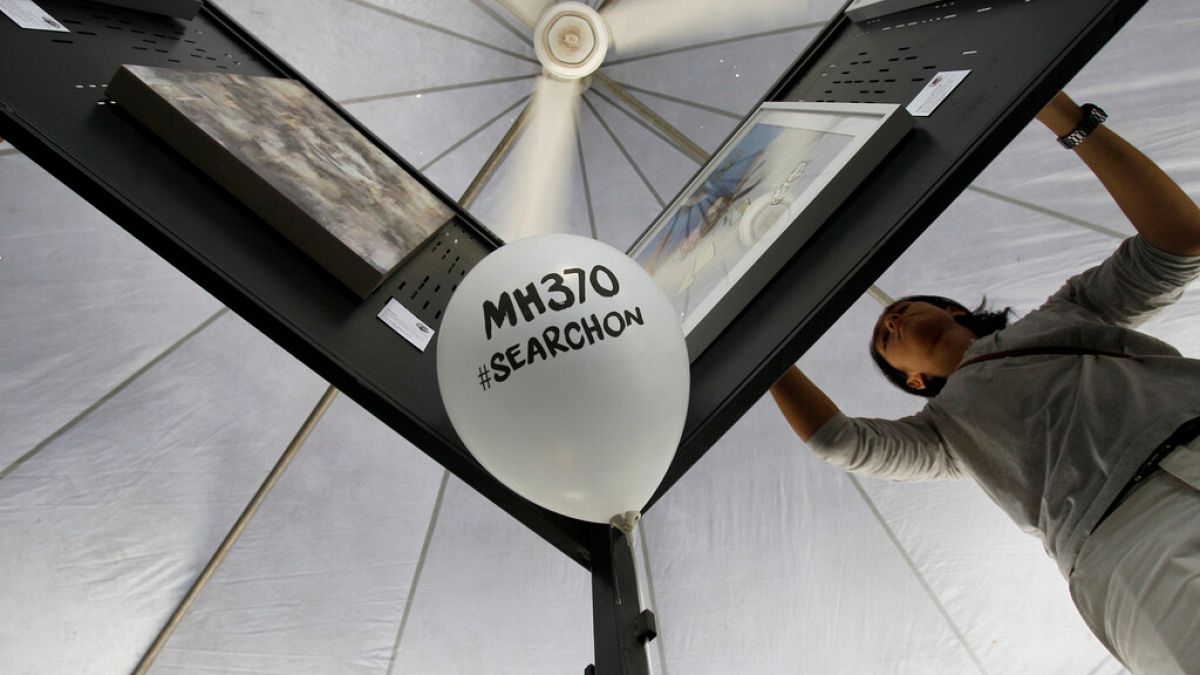Europe’s tech security czar-to-be faces China fight at home
For Finland's Henna Virkkunen, the question of securing Europe’s digital infrastructure hits close to Helsinki.
BRUSSELS — Henna Virkkunen, the European Union’s tech and security commissioner nominee, wants the bloc to cut back its dependencies on Chinese technology.
She might as well start at home.
The Finnish pick for the European Commission knows all too well the struggle for Europe’s tech industries to reconcile global competition with security concerns: Finland is home to one of the continent’s few true global tech brands, Nokia, but has a 5G network comprising large amounts of equipment from China’s Huawei — a fierce Nokia rival.
Forty-one percent of Finland’s telecom networks are composed of Chinese equipment from Huawei, according to 2022 figures aggregated by telecom consultant John Strand.
The figure sheds light on Finland’s dependency on China.
Between 2000 and 2023, the country was among the top five destinations in Europe for Chinese foreign direct investment after the United Kingdom, Germany, France and the Netherlands, accumulating about €14.1 billion in investment from China over the years, according to a report by think tanks Rhodium Group and MERICS.
Finland is on the Commission’s watch list of countries that haven’t properly implemented a 2020 plan — the 5G Security Toolbox, endorsed by all EU capitals — to decrease its reliance on Chinese vendors to mitigate cyberespionage, sabotage and supply chain risks.
That could turn awkward for Virkkunen — a former national minister and member of Prime Minister Petteri Orpo’s National Coalition Party — who will herself be tasked with pressing capitals, including Helsinki, to abide by the EU line on issues of tech security in coming years.
Virkkunen’s mandate, set by Commission President Ursula von der Leyen, is bursting with language on protecting and securing the bloc’s digital economy in the global race for tech supremacy.
Europe needs to avoid “critical dependencies on single suppliers and de-risking our supply chain from high-risk suppliers,” including by effectively “enforc[ing] the implementation of the 5G toolbox,” Virkkunen told European Parliament members in written responses to questions released this week, ahead of a Nov. 12 Parliament hearing that could make or break her candidacy.
Finland’s rules on securing 5G networks empower the national regulator to blacklist supplies if they “endanger national security or national defense,” but the restrictions apply only to the core part of the network (the central system managing the data), and not to the wider network of base stations and antennae that pick up the signals from your phone — the radio access network (RAN) — where Huawei is dominant.
That’s despite the Commission’s strong recommendation to member countries to include RAN in their measures to “effectively mitigate risks.”

Helsinki went with “one of the least binding implementations of the toolbox,” acknowledged Hosuk Lee-Makiyama, the director of the ECIPE think tank.
Virkkunen was not in government when Helsinki decided on its measures.
Strong trade ties between Finland and China also put Helsinki in a tough spot when it comes to restricting tech supplies.
“The total value of business in China for Finnish companies is estimated to be more than 20 billion euros per year,” a 2023 report from the Finnish Ministry for Foreign Affairs said, which labeled China as “one of our most important trade partners.”
“Chinese investments play the largest role in Finland compared to any other EU country, with 8 percent of foreign direct investment stock held by China, which is ten times higher than the EU average,” Lee-Makiyama said, referring to a study his research group did.
On the other end of that bargain, things haven’t looked good for Nokia in years. The Finnish tech leader’s share of base station and antenna sales in China — the biggest market globally — has shrunk to 0.9 percent in 2023 from 6.2 percent in 2019, according to confidential industry figures seen by POLITICO.
According to Strand, “Finland hoped that if they were soft on Huawei, the Chinese would throw some crumbs after Nokia.” But “the reality is that no breadcrumbs came,” he said.
Beyond the Chinese market, governments across the world have thrown up barriers to using Chinese 5G equipment — spurred by a diplomatic campaign from both Washington, D.C., and European capitals.
Despite this push, which supposedly benefits Huawei’s rivals Nokia and Sweden’s Ericsson, the Shenzhen-based company is comfortably keeping its top vendor position, with about 31 percent of the revenue market share globally, according to the latest proprietary figures by London-based research firm Omdia, followed by Europe’s Ericsson (24 percent) and Nokia (20 percent).
Virkkunen met personally with Nokia CEO Pekka Lundmark in late August, around the time her name began circulating for the tech portfolio. Her team told POLITICO it was part of her “usual meetings with businesses in her home constituency,” while Nokia said the discussion was about “European competitiveness.”
It’s a painful example of how global competition — especially with China — has pummeled Europe’s tech leadership.
That problem is now Virkkunen’s to fix.
Von der Leyen entrusted the Finnish horse enthusiast with a portfolio linking technology policy with security — reflecting a new approach that considers how tech has become an instrument in the global balance of power and security.
Virkkunen’s track record as a European Parliament lawmaker suggests she can be a China hawk: She urged the EU to “resolutely reduce its dependence on China” during a debate in the chamber’s plenary and signed off on amendments aimed at reminding EU governments of their obligations toward “the question of trusted vendors.”
What's Your Reaction?



















































